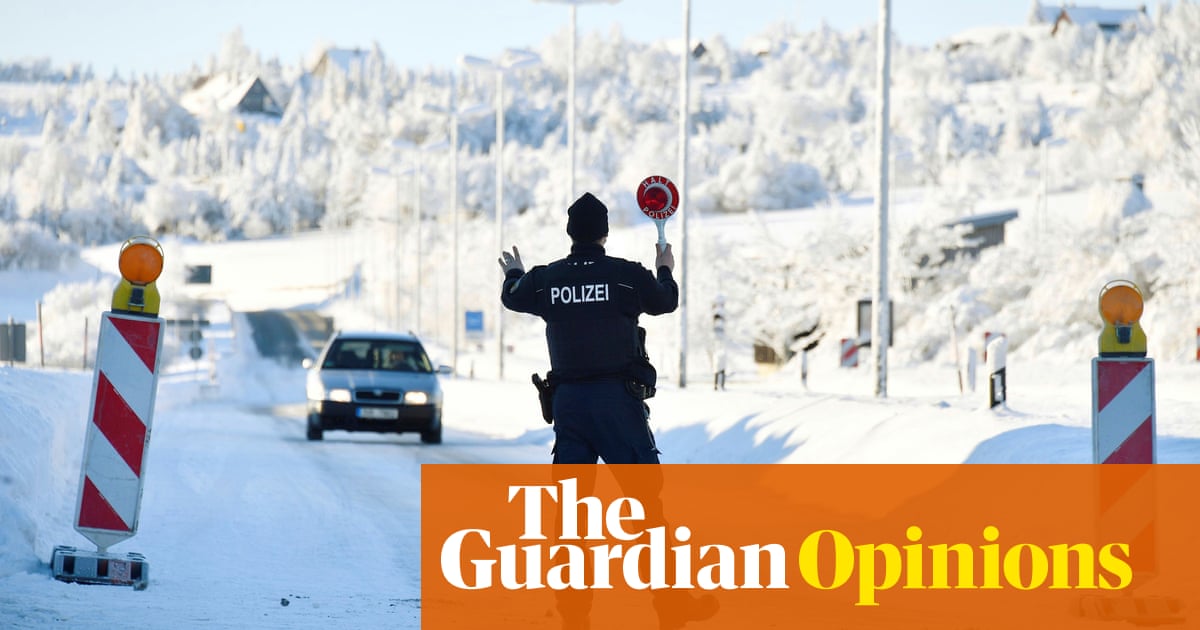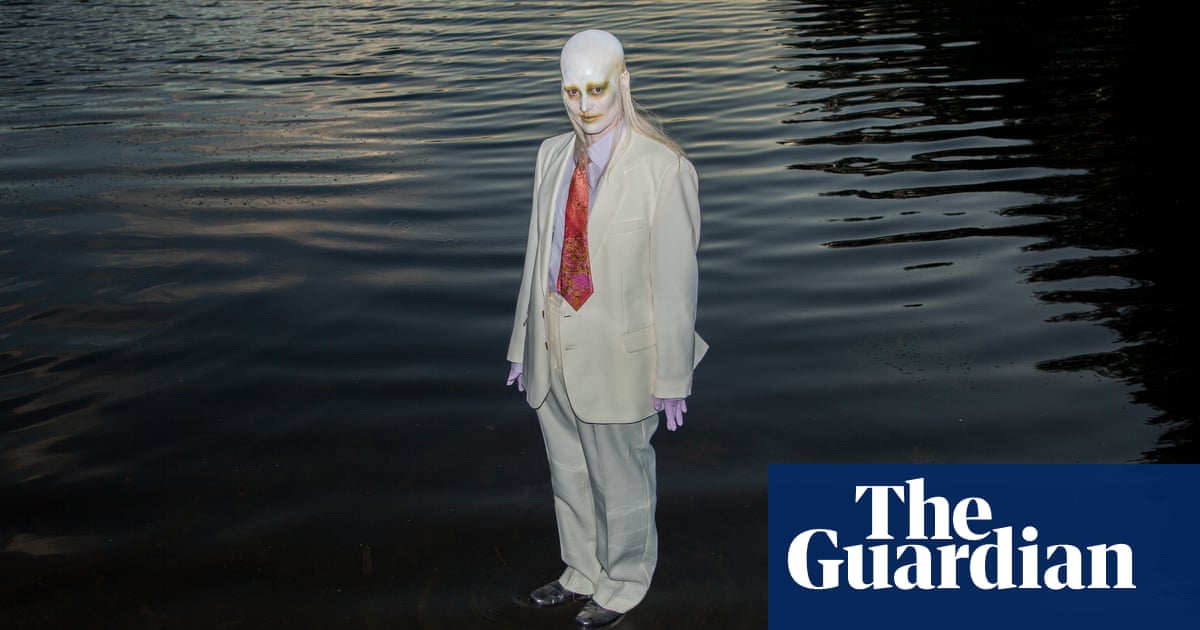
I’m a French writer based nominally in Italy, but Europe is my homeland. My mobile-phone provider makes me pay dearly for this fact. In any given year, I spend nearly nine months on the road, travelling the length and breadth of the continent: doing research, speaking at conferences, or just because I want to. Contrary to the spirit of the age, my life is mobile and cosmopolitan.
In 2023, I visited 18 European countries; five more than I did the year before. I’m a European citizen of no fixed abode, a hybrid supranational nomad, a kind of Homo europaeus, as Friedrich Nietzsche imagined in Human, All Too Human. Like Charles Baudelaire’s flâneur, I take great pleasure in choosing a life of change, escape and endless movement across the European continent.
There is something that makes my imaginary homeland tangible, irresistible and extraordinary, something that no other continent can boast: freedom of movement. If you’re a citizen of any of the 27 European countries (23 EU countries and four non-EU) covered by the Schengen agreement, or even a legal resident or tourist, you can move freely between them without encountering passport checks. For nearly 30 years, Europe has done without the “dotted lines of territorial confines”, in the words of the French writer Paul Morand.
Whenever possible I avoid air travel. It is environmentally harmful, and in any case I find the absurd and gruelling theatrics of airports intolerable. I love trains, but if your destination is off the beaten track the connections get tricky and you’re in for long waits.
So I take the car. For better or worse, like rivers down the millennia, or railways in the 19th century, roads and motorways are what connect the continent – at least while we wait for better rail infrastructure and cheaper tickets. It may be a sad commentary on our age, but a long car journey can also feel like a refuge from the ceaseless din and tumult of the world that surrounds us. Ensconced in the driver’s seat, my phone in the door pocket, I can flee our gloomy, anxiety-inducing age. I plead guilty: the engine runs on petrol. There are simply not yet enough charging stations to reliably cover very long distances in an electric vehicle, or to climb the green hills of Transylvania, where I travelled last year.
Wandering alone by road produces a sense of freedom that is increasingly rare. Travelling across the continent is also an opportunity to reflect on Europe’s history: the northern aristocrats’ grand tours of the southern classical treasures; Mozart, Dürer and Goethe making their way to Italy; the armies of Rome, Napoleon and Hitler marching to the wars and tragedies that once defined the continent’s borders.
Now it is heavy goods trucks, tourist coaches, Alpine tunnels, Ruhr interchanges; service stations, toll booths, mobile customs units, toll stickers, Kraftwerk, Autobahn. It may not sound very poetic, but this peaceful transport has been the essence of the European project since it was founded in the 1950s: commerce, trading goods, buying and selling, moving freight from one region of Europe to another. It is also at the heart of the project’s identity. In the past, borders meant passions, hatred, tension, blood and tears. The removal of these borders and bottlenecks means flux: a continuous river of people andgoods. It is the fin-de-siècle European dream, brought to life from the rubble of the Berlin Wall by the 1968 generation at what they thought was the beginning of the end of history.
Yet ever since the 2015 migration crisis, and even more so the Covid pandemic and the Russian invasion of Ukraine, I have been overcome by a sense of urgency about the potential loss of the freedom to roam. The closure of Europe’s borders in 2020, when the virus was spreading at an uncontrollable rate, remains etched in my mind like a trauma. I was launching a novel in Germany and had to leave in a hurry and take refuge in France, as if the two countries were about to go to war. Europe was bristling with new barriers and restrictions on movement, new symbols of closure. EU member states were self-isolating, and people and families were turning inwards.
I’ve always travelled. Born in Strasbourg, a short distance from the city’s European institutions, crossing borders has defined me. Going to the other side, over the Rhine from France to neighbouring Germany, is simply a reflex, the most natural thing in the world, as it is for anyone who lives near a national border or crosses one routinely to get to work.
Perhaps this trauma of seeing the barriers go back up goes back even further, to a night in the autumn of 1984. I was jolted awake by the sound of barking. I slid open the curtain and saw big boots through the fogged-up window. Grey-green uniforms were patrolling the platform, with dogs on leads. Torches searched the darkened train. Some were crouched, scanning the axles, while others inspected the spaces between the carriages. My train had just entered the GDR, en route to West Berlin. Europe was still divided by an iron curtain. I was 10 years old.
Today we have war in Ukraine and the eastern Mediterranean. Many Europeans fear a massive new wave of refugees and migrants. They are nervous, and I’m uneasy. It’s as if we’re on the eve of some new calamity, worse than ever; as if the days of open Europe and free movement may be numbered. So for the time being I’m driving around, stocking up on an experience that may soon be consigned to memory or history. Like Ulysses, I’m “seeing many places, learning the minds of many”, amazed by the extraordinary variety of climates, languages, terrains, cuisines and landscapes that this modestly sized stretch of land has to offer. There is, as Milan Kundera wrote of European cultures, “a maximum of diversity in a minimum of space”.
If it were to disappear or be suspended once again, it would be a catastrophe for the European that I am. The continental project would lose its soul and its purpose. This freedom is precious and enviable. It is a utopia we can’t take for granted. Let’s hit the road.
Olivier Guez is a French writer and essayist. He is the author of The Disappearance of Josef Mengele and editor of Le Grand Tour, an anthology of short stories and essays about Europe












